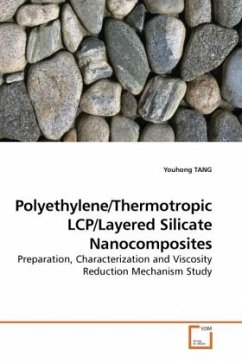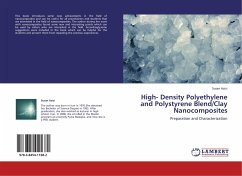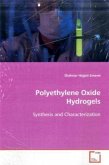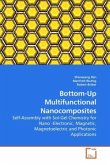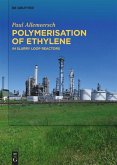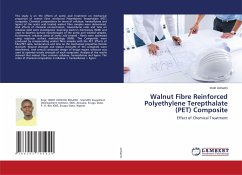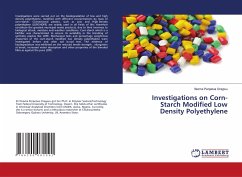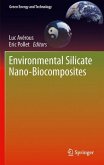In recent years, nanocomposites have attracted great interest, both in industry and in academia. One of the major problems associated with nanocomposites is their extremely high viscosity obtained. So, (1) the power requirement for extrusion is higher, (2) higher processing rates become infeasible, and (3) higher shearing heating cause degradation of polymer. Thermotropic liquid crystalline polymers (TLCPs) successfully act as processing aids that enable thermoplastics, which normally extrude at temperatures high enough to cause degradation, to be processed at lower and less damaging temperatures. Processing windows are expanded and extrusion pressure is decreased, resulting in reductions in energy input and associated costs. This work includes three aspects: (1) understand the interactions between TLCP and organoclay, (2) characterize the viscosity reduction in polyethylene (PE)/TLCP/organoclay nanocomposites, and (3) elucidate the proposed mechanisms for the viscosity changes. This work should be useful to professionals in nanocomposite processing and polymer melt rheology, especially for processing nanocomposites using TLCPs as viscosity reduction agents.
Bitte wählen Sie Ihr Anliegen aus.
Rechnungen
Retourenschein anfordern
Bestellstatus
Storno

